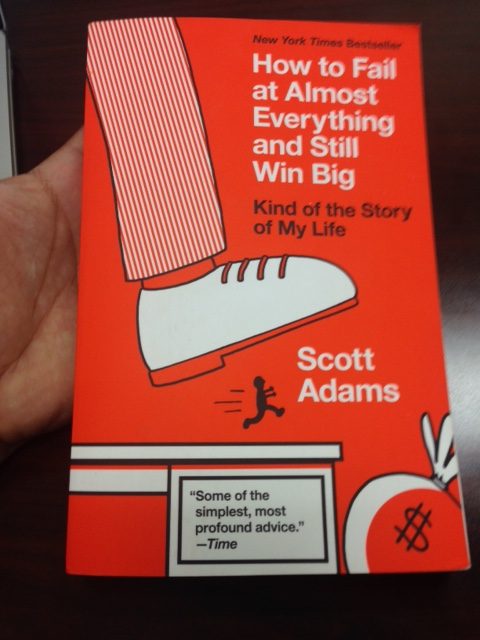How to Fail at Almost Everything and Still Win Big by Scott Adams
The Big Idea: Losers have goals. Winners have systems. Losers have goals. Winners have systems. Your mind isn’t magic. It’s a moist computer you can program. The most important metric to track is your personal energy. Every skill you acquire doubles your odds of success. Happiness is health plus freedom. Luck can be managed, sort of….
